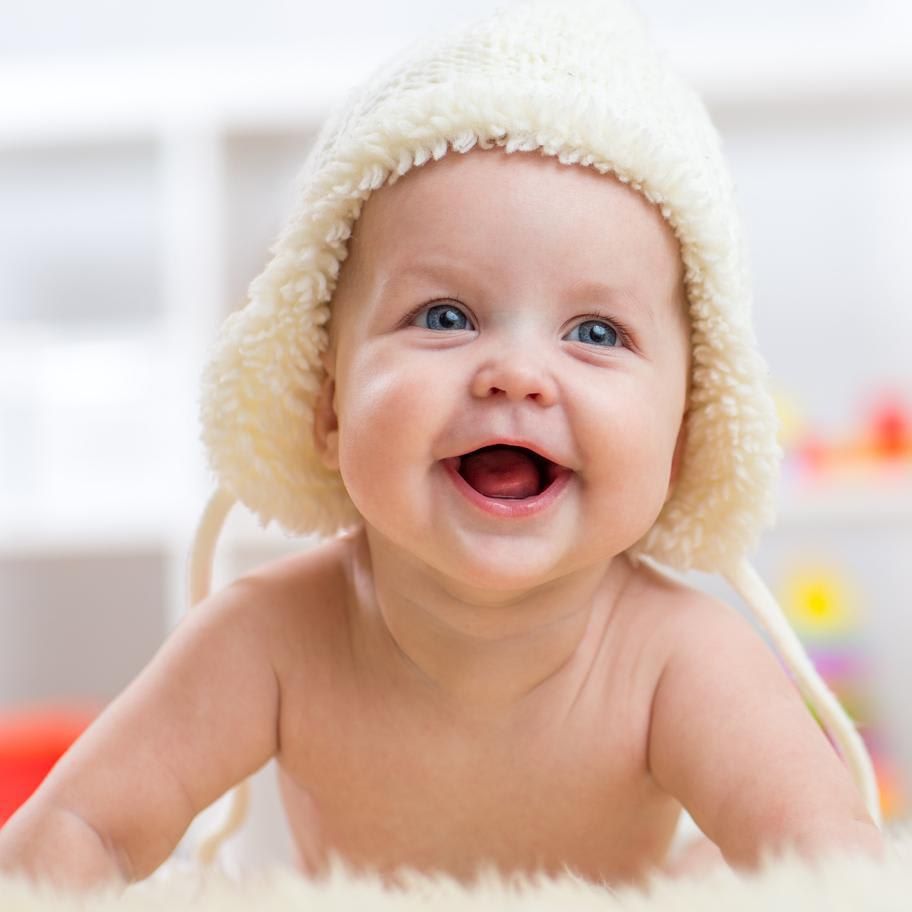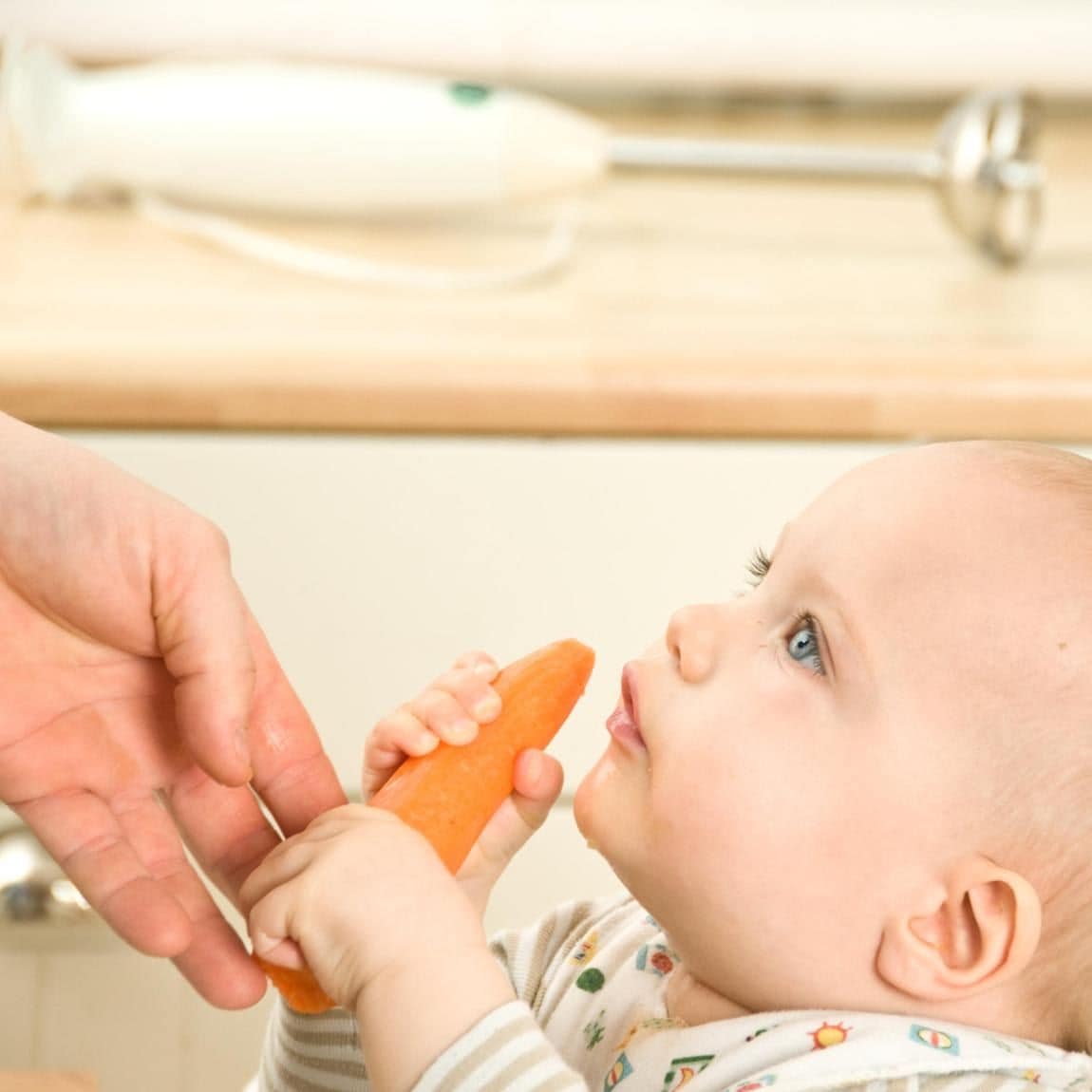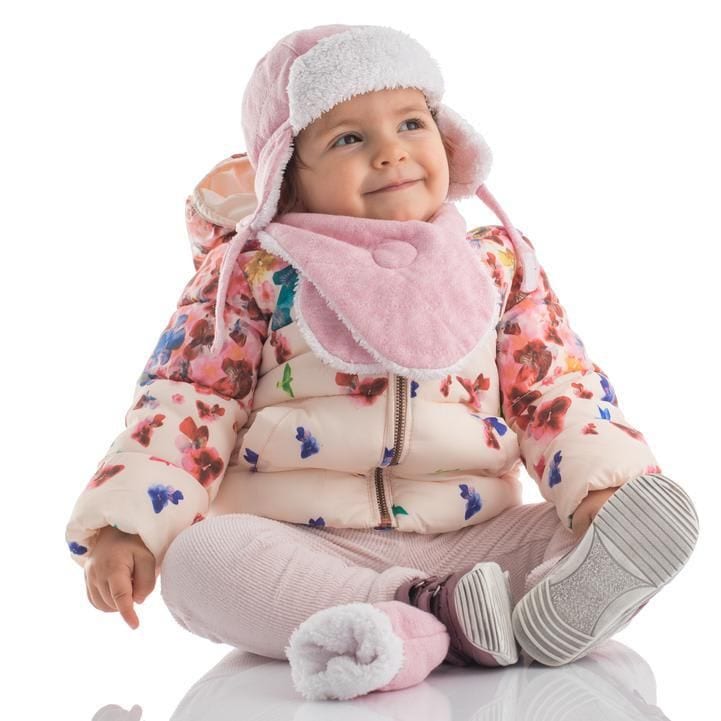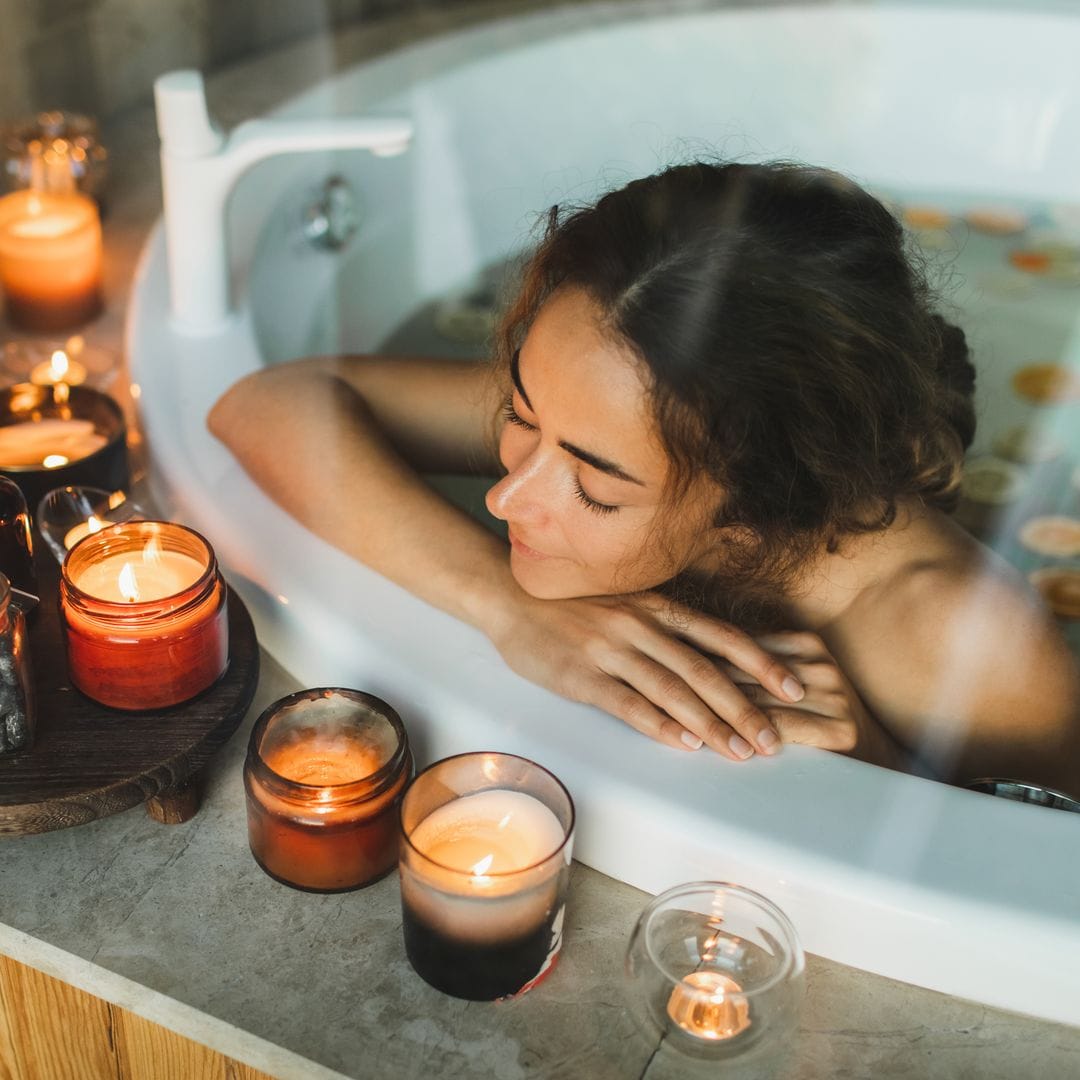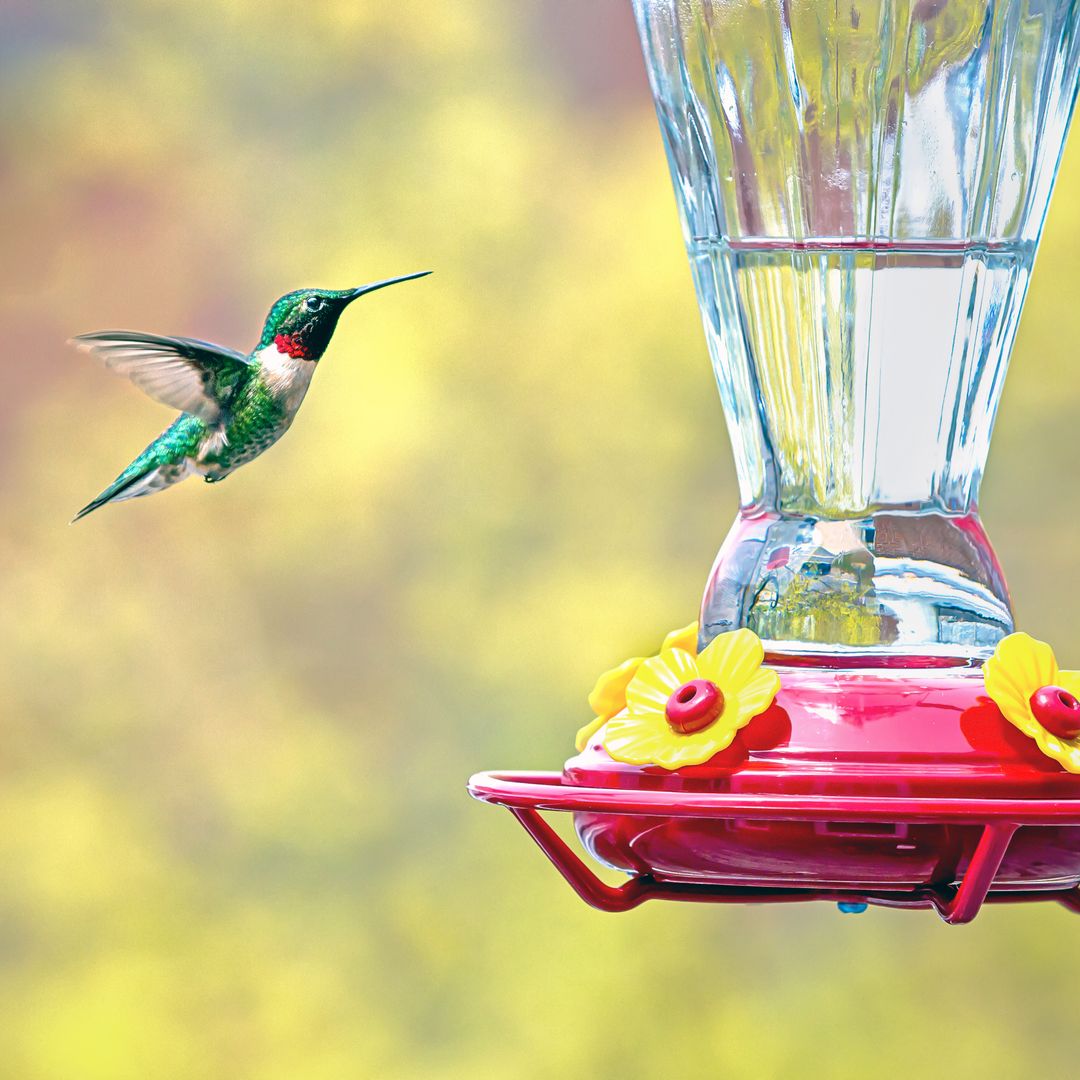There's nothing as soft as a baby's skin! However keeping it that way takes extra-special care, especially in winter when outside elements are much harsher on the body.
Experts say that a baby's skin reaches maturity around the age of two, so before they hit that age, it's integral that you take extra measures of care. Follow these essential tips to protect your little ones from the rigors of winter!
Get the most out of bathtime
Although you may be unsure how often to bathe your baby in winter, you should know that it's essential to do so. However, make sure the water isn't too hot on colder days as this can dry the skin and leave it rough and cracked. The water temperature should be pleasant to the touch and bathtime no longer than 10 minutes. You can bathe your baby up to three or four times a week, always using soap indicated for babies' delicate skin, such as glycerin soaps.
Keep them hydrated
After a bath, when your baby's skin is still moist and the pores are open, is the perfect time to moisturize, particularly with natural oils, creams or hypoallergenic, paraben-free lotions. Keep in mind that the best products for the cold season are those with a high oil content.
Don't forget baby's lips, as the dribbling that's typical at this age can accelerate dryness and cause irritation. Apply a lip protector specially designed for babies, free from artificial flavors or dyes.
Don't forget the sunscreen
Don't put this away at the end of summer. You still need to be aware of the sun in the winter months and sunscreen is essential to care for baby's skin. Always apply at least SPF 20 whenever you're out with your baby.
Good nutrition is key
As for adults, proper nutrition and hydration are essential to the health of your baby's skin. Depending on their age, frequently offer milk, water and natural juices to your baby. Combine with a diet rich in antioxidants to strengthen your baby's immune system; vegetables such as broccoli, tomato, spinach, cabbage, carrots and fruits are packed with them.
Don't sweat it!
One of the serious mistakes parents make is wrapping their baby in too many layers, which causes excessive sweating. Experts warn babies don't have the same ability to regulate their body temperature as adults, so over-dressing can cause prickly heat, a rash that appears as small dots or reddened pimples on the neck, body and legs. So remember, light layers is key!
Keep them at a comfortable temperature
At home, don't have the heating on too high. Ideally, it should be 68-72ºF and 50% humidity. When you come in from outdoors, it's important to avoid excess heat so take off baby's coat as soon as possible. Stick to these recommendations and you'll not only see the results, but feel them as well!
,type=downsize)

